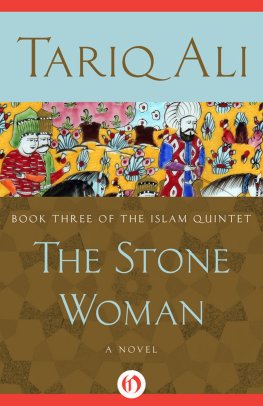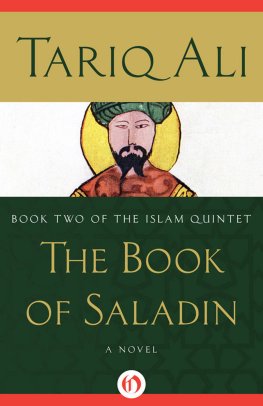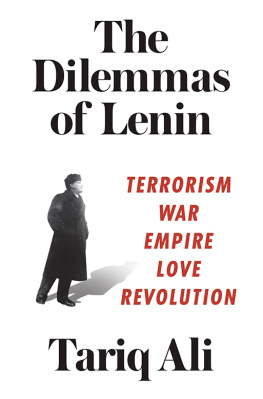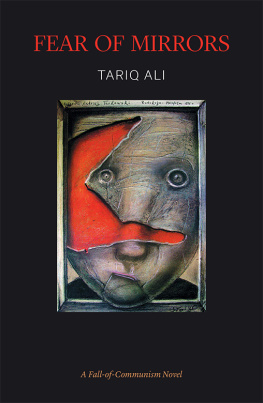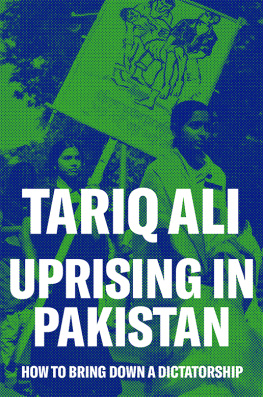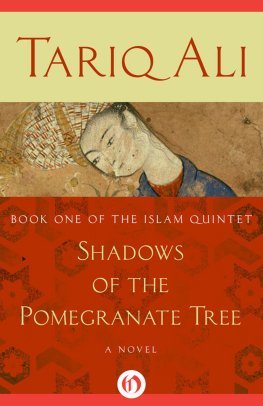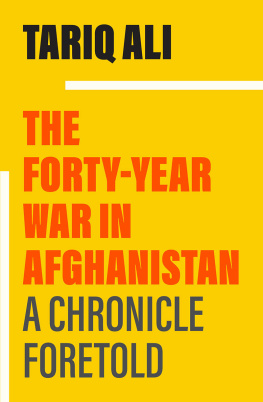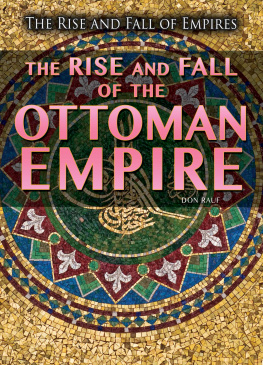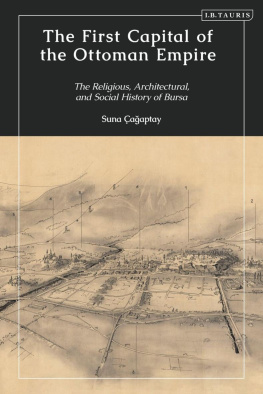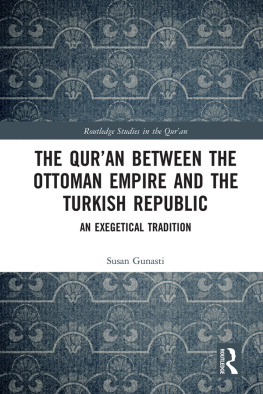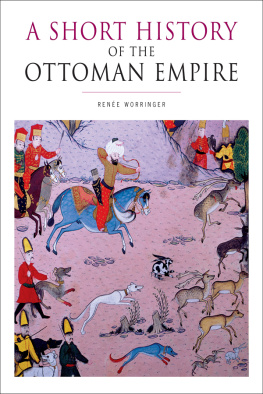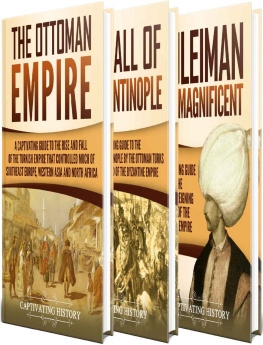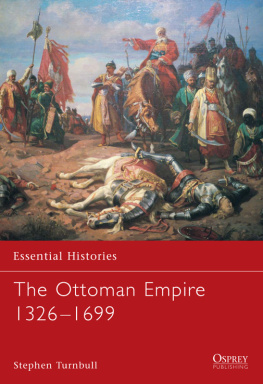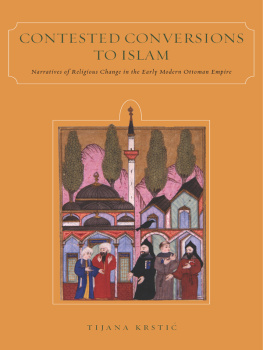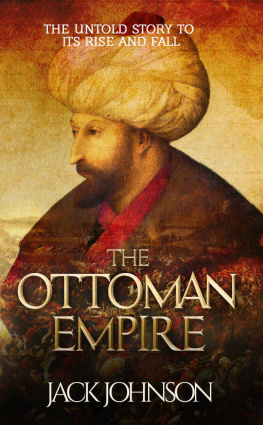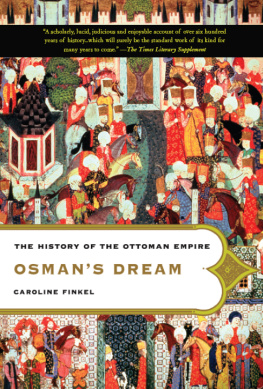For Susan Watkins
whose love and comradeship has
sustained me through good times and bad
for the last twenty years.
The summer of 1899; Nilofer returns home after an enforced absence; Yusuf Pashas exile; Iskander Pasha suffers a stroke
MYTHS ALWAYS OVERPOWER TRUTH in family histories. Ten days ago, I asked my father why, almost two hundred years ago, our great forebear, Yusuf Pasha, had been disgraced and sent into exile by the Sultan in Istanbul. My son, Orhan, on whose behalf I made this request, was sitting next to me shyly, stealing an occasional look at his grandfather, whom he had never seen before.
When one first arrives here after a long absence, through the winding roads and the green hills, the mixture of scents becomes overpowering and it becomes difficult not to think of Yusuf Pasha. This was the palace of his exile and its fragile, undying beauty never fails to overwhelm me. As children we often travelled from Istanbul in the dust-stifling heat of the summer sun, but long before we actually felt the cooling breeze on our skins, the sight of the sea had already lifted our spirits. We knew the journey would soon be over.
It was Yusuf Pasha who instructed the architect to find a remote space, but not too distant from Istanbul. He wanted the house built on the edge of solitude, but within reach of his friends. The location of the building had to mirror the punishment inflicted on him. It was both very close and far removed from the site of his triumphs in the old city. That was the only concession he made to the conditions imposed on him by the Sultan.
The structure of the house is palatial. Some compromises had been made, but the house was essentially an act of defiance. It was Yusuf Pashas message to the Sultan: I may have been banished from the capital of the Empire, but the style in which I live will never change. And when his friends arrived to stay here, the noise and laughter were heard in the palace at Istanbul.
An army of apricot, walnut and almond trees was planted to guard his exile and shield the house from the storms that mark the advent of winter. Every summer, for as long as I can remember, we had played in their shade; played and laughed and cursed and made each other cry as children often do when they are alone. The garden at the back of the house was a haven, its tranquillity emphasised whenever the sea in the background became stormy. We would come here to unwind and inhale the intoxicating early morning breeze after our first night in the house. The unendurable tedium of the Istanbul summer was replaced by the magic of Yusuf Pashas palace. The first time I came here I was not yet three, and yet I remember that day very clearly. It was raining and I became very upset because the rain was wetting the sea.
And there were other memories. Passionate memories. Anguished memories. The torment and pleasure of stolen moments during late-night trysts. The scents of the grass in the orange grove at night, which relaxed the heart. It was here that I first kissed Orhans father, that ugly, skinny Dmitri, Greek school inspector from Konya as my mother had called him, with a stern and inflexible expression that hardened her eyes. That he was a Greek was bad enough, but his job as an inspector of rural schools made it all so much worse. It was the combination that really upset her. She would not have minded at all if Dmitri had belonged to one of the Phanariot families of old Constantinople. How could her only daughter bring such disgrace to the house of Iskander Pasha?
This attitude was uncharacteristic of her. She was never bothered by family trees. It was simply that she had another suitor in mind. She had wanted me to marry her uncle Sifrahs oldest son. I had been promised to my cousin soon after my birth. And this most gentle and even-tempered of women had exploded with rage and frustration at the news that I wanted to marry a nobody.
It was my married half-sister, Zeynep, who told her that the cousin for whom she had intended me was not interested in women at all, not even as engines for procreation. Zeynep began to embroider tales. Her language became infected by the wantonness she was describing and my mother felt her elaborate descriptions were unsuitable for my unmarried ears. She painted my poor cousin in such dark and lecherous colours that I was asked to leave the room.
Later that day my mother lamented bitterly as she kissed and embraced me. Zeynep had convinced her that our poor cousin was a merciless monster and my mother was weeping in self-reproach at the thought that she might have forced her only daughter to marry such a depraved beast and thus have become the direct cause of my lifelong unhappiness. Naturally, I forgave her and we talked and laughed about what might have been. Im not sure whether she ever discovered that Zeynep had invented everything. When my much-maligned cousin became ill during a wave of typhoid and died soon afterwards, Zeynep thought it better if the truth was concealed from my mother. This had one unfortunate result. At her nephews funeral in Smyrna and to the great consternation of my uncle Sifrah, my mother found it difficult to display any signs of grief and when I forced myself to squeeze out a few tears she looked at me in shocked surprise.
All that lay in the past. The most important truth for me was that after nine years of exile I was back again. My father had forgiven me for running away. He wanted to see my son. I wanted to see the Stone Woman. Throughout my childhood my sister and I had found hiding places among the caves near an ancient rock which must once have been a statue of a pagan goddess. It overlooked the almond orchards behind our house and, when we saw it from a distance, it looked most like a woman. It dominated the tiny hillock on which it stood, surrounded by ruins and rocks. It was not Aphrodite or Athena. Them we recognised. This one bore traces of a mysterious veil, which became visible only when the sun set. Her face was hidden. Perhaps, Zeynep said, it was a local goddess, long since forgotten. Perhaps the sculptor had been in a hurry. Perhaps the Christians had been on the march and circumstances had compelled him to change his mind. Perhaps she was not a goddess at all, but the first carved image of Mariam, the mother of Jesus. We could never agree on her identity and so she became the Stone Woman. As children we used to confide in her, ask her intimate questions, imagine her replies.
One day we discovered that our mothers and aunts and women servants did the same. We used to hide behind the rocks and listen to their tales of woe. It was the only way we knew what was really taking place inside the big house. And in this way, the Stone Woman became the repository of all our hidden pain. Secrets are terrible things. Even when they are necessary they begin to corrode our souls. It is always better to be open, and the Stone Woman enabled all the women in this house to disgorge their secrets and thus live a healthy inner life themselves.
Mother, whispered Orhan as he clutched my arm tight, will Grandfather ever tell me why this palace was built?
There were many versions of the Yusuf Pasha story in our family, some of them quite hostile to our ancestor, but these were usually the preserve of those great-uncles and great-aunts whose side of the family had been disinherited by mine. We all knew that Yusuf Pasha wrote erotic poetry, that except for the few verses passed down orally from one generation to the next, it had all been burnt. Why had the poetry been destroyed? By whom?
I used to ask my father this question, at least once a year, before my exile. He would smile and ignore my question completely. I thought that perhaps my father was embarrassed to discuss this aspect with his children, especially a daughter. Not this time. Perhaps it was the presence of Orhan. This was the first time that he had seen Orhan. Perhaps my father wanted to pass the story to a male of the younger generation. Or perhaps he was simply feeling relaxed. It was not till later that I realised he must have had a premonition of the disaster that was about to strike him.

